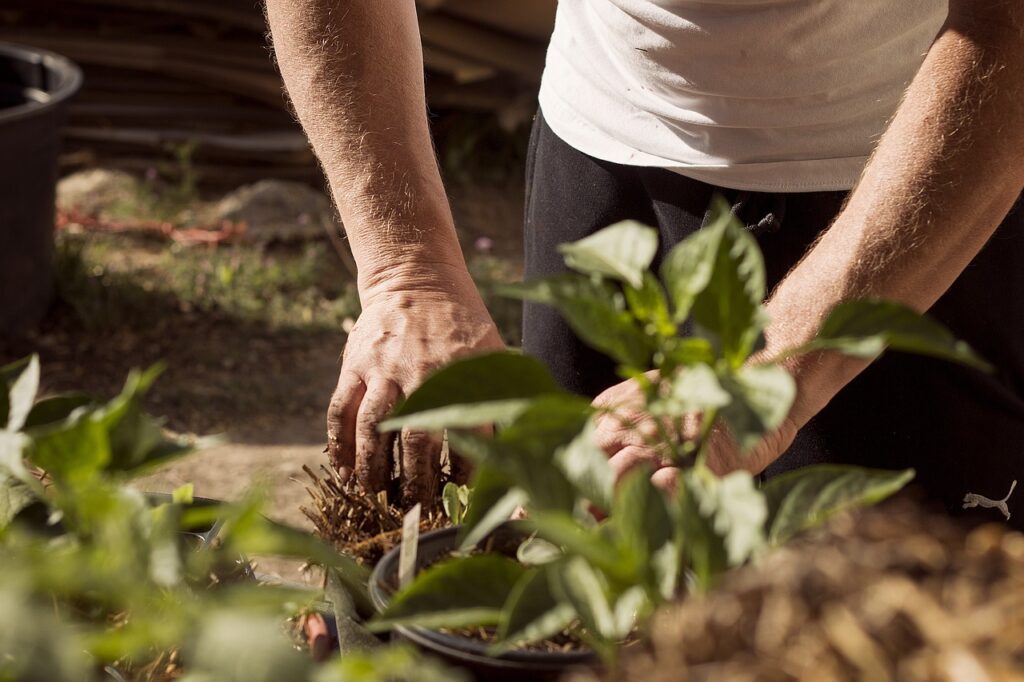If you’ve been thinking about how to improve your mental health, helping others is a good place to start. Research shows that people who consistently help other people or volunteer on a regular basis benefit from improved mental and physical health. In fact, according to a 2017 study by United Healthcare and VolunteerMatch, up to 93% of people who volunteer reported an improved mood, 79% reported lower levels of stress, and 75% said they feel physically healthier. That’s a win-win for the people you’re helping, and also for you. Let’s unpack this a little more.
When you help others by giving your time or money, it does something to your brain. The brain secretes three types of chemicals: serotonin, which regulates your mood; dopamine, known to give you a sense of pleasure and satisfaction; and oxytocin, the chemical that connects the other two. In simple terms, you experience a sense of joy. That joy could lead to less stress, lower blood pressure, increased self-esteem, greater optimism, a sense of purpose, and overall happiness. It could even help you live longer.
If you’re feeling lonely, bored, depressed, or anxious, consider how helping others could also help you:
- Live a more meaningful life.
- Minimize stress and stop worrying so much.
- Meet new people and expand your social skills.
- Feel more satisfied with your daily life.
- Learn new skills.
- Discover that you’re pretty fortunate after all.
Not sure how to get started? Visit VolunteerMatch.org or Volunteer.gov for volunteer opportunities in your community. Talk to friends and family members to find out how they’re making a difference. Or plug into a church or community organization that sponsors various volunteer opportunities.
When looking for the right match, keep your skills in mind and look for something that you will feel comfortable doing. If you like to be outdoors, planting flowers at a local park might be a good fit. Are you committed to helping older people? Find out where you can spend some time with them. There are countless ways to help. But it’s important to find the right fit as that will increase your involvement and reap greater rewards for the people you help, and for you.
Keep in mind, however, that you don’t always need to make a big commitment for both parties to benefit. Check to see how an elderly neighbor is doing. Call an ill friend to see how he’s feeling. Or simply smile at a stranger on the street. Even the simple things can make a difference.
Image by Delynn Talley from Pixabay
Dr. David Lowenstein is a Columbus, Ohio-based psychologist with more than 35 years of experience. He conducts individual, family, and group therapy sessions in his German Village office and also via telehealth. Dr. Lowenstein is also available for expert forensic testimony, and for educational workshops and presentations. He is frequently called upon as an expert source for print, radio, and broadcast media. Contact Dr. Lowenstein at Lowenstein & Associates, 691 South Fifth Street, Columbus, Ohio, 43206, or call 614.443.6155 or 614.444.0432.


